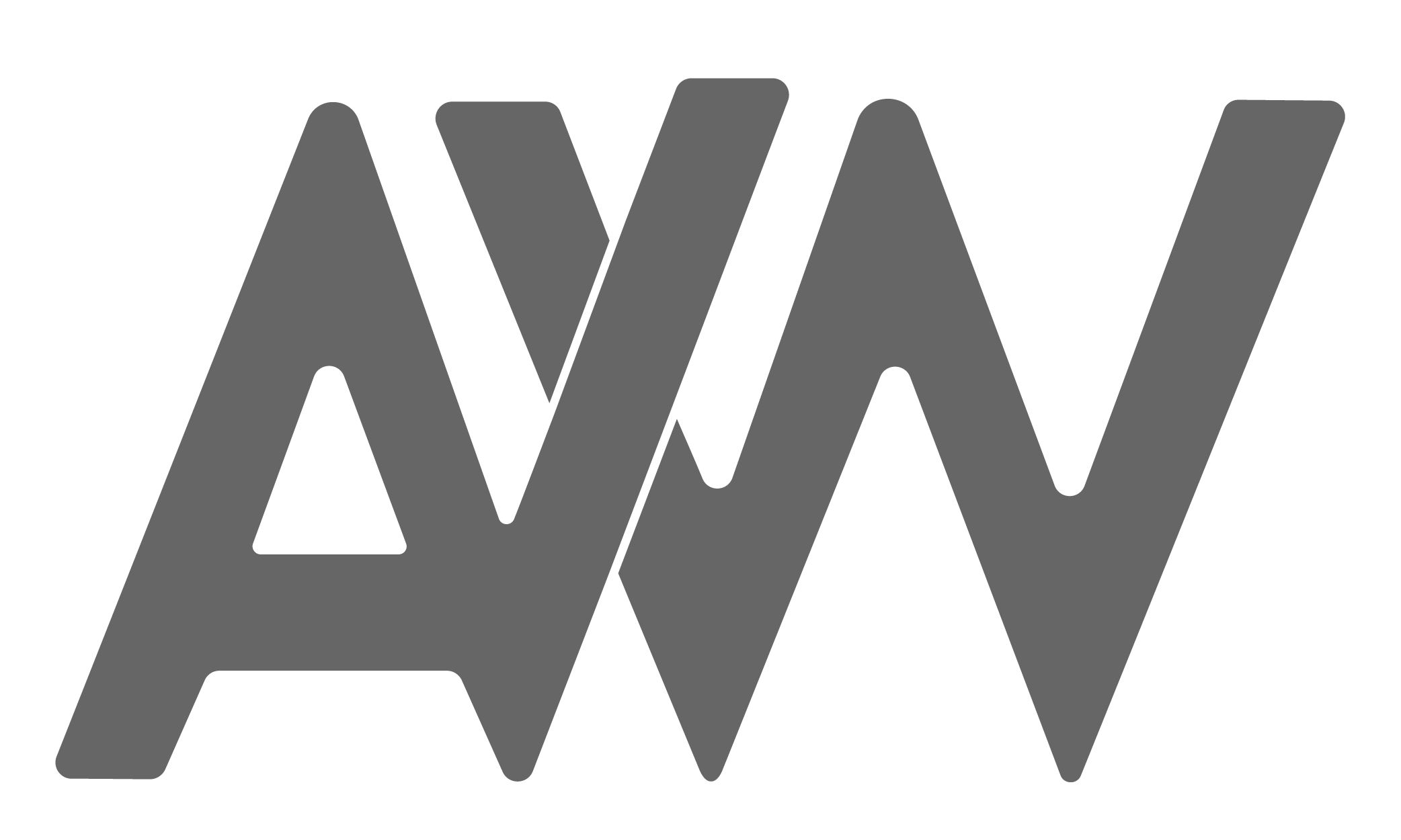TRAINING SESSION
Strategic EU Compliance and Governance: Disinformation under the Digital Services Act (DSA)
The EU’s Digital Services Act (‘DSA’), applicable since February 2024 to all designated Very Large Online Platforms (VLOPs) and Very Large Online Search Engines (VLOSEs), sets out ambitious obligations to ensure transparency, accountability, and systemic risk mitigation – including disinformation.
This seminar outlines the key elements of the Act and examines recent enforcement trends, offering professionals a clear overview of this fast-evolving area.
By the end of this seminar, participants will:
- Understand the legal framework and compliance obligations under the Digital Services Act (DSA);
- Be able to identify how disinformation is treated as a systemic risk and what legal tools address it;
- Have explored the intersection of fundamental rights and platform regulation;
- Have analyzed real-world enforcement examples and developed practical insights for risk mitigation;
- Have discussed upcoming legislative developments and strategic responses.
Audience
Legal professionals, public policy experts and compliance officers
Duration
Half day
(2-4 hours, depending on desired depth)
Format
Interactive expert-led workshop with group discussions and case studies
Resources
Presentation slides
Compliance and strategy checklist
Access to follow-up resources
Sample Agenda
This training is designed to foster engagement and interaction among participants, ensuring that they all leave with a clear understanding of the act and actionable insights for your company.
It can be adapted to your company’s individual needs as every training includes a video (call) to optimize the training. For an optimal learning effect, we recommend face-to-face training, however, trainings can also be held online.
14:00 PM – 14:30 PM | Setting the Scene: Disinformation in the EU Regulatory Context
- The role of online platforms in shaping public discourse
- Why disinformation matters: Strategic and democratic implications
- Introduction to the DSA: Origins, goals and systemic risk approach
- Discussion: Platform responsibility and freedom of expression – where to draw the line?
14:30 PM – 15:30 PM | The Legal Framework: Transparency, Accountability & Risk Mitigation under the DSA & Related Legal Frameworks
- Scope of the DSA: Focus on Very Large Online Platforms (VLOPs) and Search Engines (VLOSEs)
- Key compliance obligations: Transparency, algorithmic accountability and content moderation
- Disinformation as a systemic risk: Legal definitions, thresholds and enforcement levers
- Risk assessments and mitigation: What platforms must do
- EMFA, Digital Markets Act and AI Act linkages
15:30 PM – 15:45 PM | Coffee Break
15:45 PM – 16:15 PM | Case Studies: Enforcement and Regulatory Trends
- Landmark enforcement examples from 2024–2025
- Cross-border cooperation and roles of national regulators vs. the European Commission
- Lessons learned from the first DSA risk assessments and audits
16:15 PM – 16:45 PM | The Rights Dimension: Balancing Regulation and Freedoms
- The interplay between the DSA and fundamental rights (freedom of expression, access to information)
- Transparency in algorithmic amplification and recommender systems
- Legal challenges and civil society responses
16:45 PM – 17:00 PM | Final Reflections and Open Q&A
- Key takeaways
- Participant questions and case-specific exchanges

The Trainer
Dr Alexandra von Westernhagen benefits from over 20 years as an EU regulatory lawyer gained in seven jurisdictions (including Brussels, the UK & Germany), in international private practice, academia (e.g. MIT) & international organizations (European Commission & OECD).
She is currently Partner & Head of EU Sustainability at Liberius Legal based in Brussels, the heart of the EU, as well as EU/Regulatory Partner at Keystone Law in London. She is also a Board member (Europe) of the Global Alliance of Impact Lawyers (GAIL).
Alexandra regularly provides EU law overview & strategic implementation trainings to company boards and members of their organizations, including to Barclays, Sodexo, Royal Mail and many other EU and international companies, law firms, public sector organizations, universities and think tanks.

